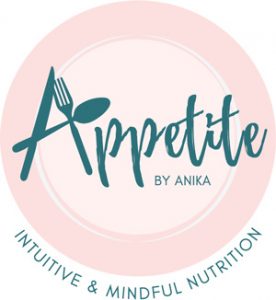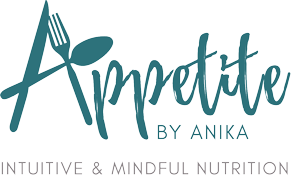With social media constantly promoting the next ‘health’ fad and trendy restrictive diet, it comes as no surprise many individuals have developed a negative relationship with food. In fact, research suggests 5-20% of people experience some form of disordered eating. But how can we tell when our focus on diet and weight becomes disordered?
Firstly, what is disordered eating?
Disordered eating describes a variety of irregular eating patterns, typically involving obsession or control over food rather than relying on our body’s hunger or fullness signals. While this may encompass clinical eating disorders, most people struggling with disordered eating don’t meet the specific criteria required for a diagnosis. That’s not to say these eating behaviours should be overlooked. Disordered eating can still take a major toll on individuals physical and mental health and could increase the risk of developing a clinical eating disorder later on.
So what warning signs for disordered eating should we be aware of?

1. Food guilt
You know that uncomfortable, sinking feeling after eating a slice of cake or eating too much? That’s food guilt. People often label foods as ‘good’ or ‘bad’ and consider it wrong to eat so-called ‘bad’ foods. So when we do these forbidden foods, we’re met with regret and shame – usually followed by patterns of restrictive eating to avoid these feelings. A friendly reminder: no food is inherently good or bad and all foods can fit within a healthy diet, guilt-free.
2. Cutting out food groups
Removing entire food groups like breads and cereals or dairy from your diet due to fears of weight gain are typical signs of disordered eating. Other signs can include strict avoidance of foods perceived as ‘unhealthy’ or ‘impure’, such as all sugars, fat or processed foods. When we deprive ourselves of foods, we’re likely to end up binging only to feel guilty and restrict these foods again.

3. Having food rules or rituals
Food rules are rigid thought patterns that govern what, when and how we eat food. Many foods rules stem from the media or advice from friends and family such as no carbs after 5 pm or eating more than half a banana is ‘bad’. Food rituals are obsessive behaviours surrounding eating like only eating at certain times or off certain plates, cutting food into small pieces or eating with teaspoons to make sure you eat slowly. As you may expect, studies show these habits often encourage restrictive and disordered eating patterns.
4. Changes in food preferences
The types of foods we enjoy normally change over time. But if you find friends or family members suddenly disliking some of their favourite foods, it may suggest these changes stem from concerns for weight and body image. This is particularly seen for foods that are considered ‘fatty’ or ‘unhealthy’. Skipping usual meals or replacing meals with tea or coffee can also be signs of disordered eating.

5. Eating in secret
Ever find yourself hoping no one walks in while you’re eating or hiding food wrappers so others don’t see? This may be a sign of secretive eating. Secretive eating revolves around hiding the act or evidence of eating, usually due to shame assigned to certain foods. Turns out, eating in secret may be linked to binge eating and increased risk of developing an eating disorder according to a recent study, so it’s an important behaviour to take note of.
6. Frequent body checking
We all check out our reflection from time to time. But overly repetitive checks may indicate a deeper problem. Studies conducted in USA and Germany show this may lead to poor body image and unhealthy eating behaviours. Obsessive body checks can include frequent weighing, over-examining your body in the mirror or even shop windows you walk by, pinching your stomach or other body parts, taking lots of mirror selfies to reassure your body hasn’t changed.

7. Obsession with exercise
While exercise can have amazing health benefits, excessive exercise driven by fears of weight gain play a role in developing and maintaining eating disorders. This can include exercising when injured or sick, adhering to strict exercise regimes even in bad weather, skipping social events to exercise and exercising in secret.
The bottom line: Most warning signs belong on a spectrum. These behaviours mainly become a concern when they become obsessive and start to interfere with our everyday life. If you notice yourself engaging in many of these behaviours, please reach out for support.
If you are struggling with disordered eating, please know you’re not alone and improving your relationship with food is possible. Dietitians can play an important role in helping you find food freedom. If you’re looking to take the first step, use this link to apply for a free discovery call with me.






